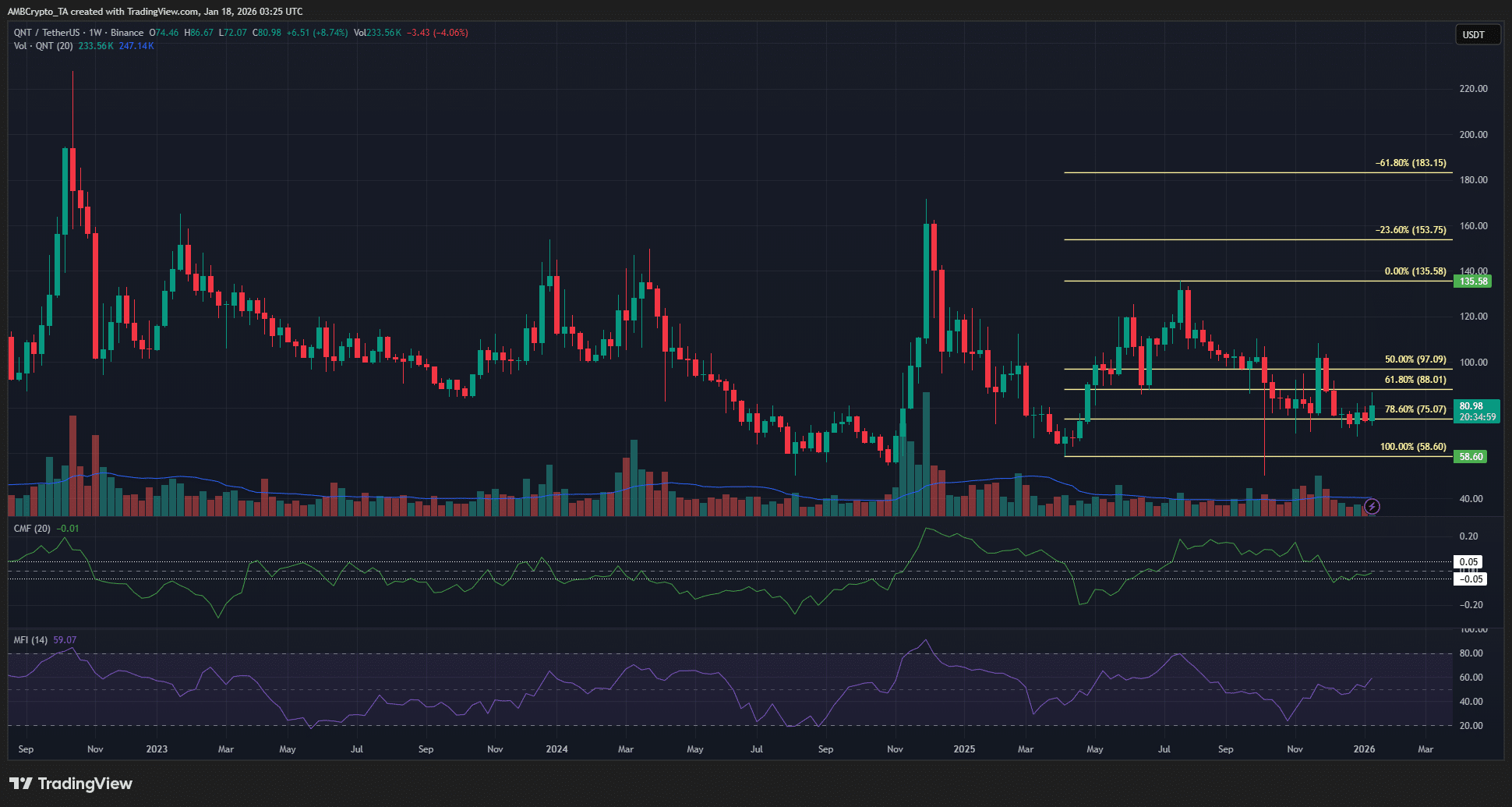Ohio Moves to Accept Crypto Payments for State Fees
The Ohio State Board of Deposit unanimously approved a vendor to process crypto payments, including Bitcoin, for state fees and services in its latest bid to integrate crypto into public finance.
“With hundreds of thousands of transactions going through my office each year, I want to commend the board for taking bold action to position us at the forefront of the emerging digital economy,” Ohio Secretary of State Frank LaRose tweeted on Wednesday.
Wednesday's approval caps months of work that began in April, when LaRose and Ohio Treasurer Robert Sprague pushed the board to authorize crypto payments.
The proposal passed unanimously in May, but needed final vendor approval, the last piece that fell into place on Wednesday.
“There’s a reason why we now rank among the top five states in the nation to do business,” LaRose said in a statement. “It’s because we’re not afraid to embrace the tools, trends, and technologies that incentivize job creators to come here.”
The Secretary of State said his office processes hundreds of thousands of transactions annually and has heard “growing demand for a cryptocurrency payment option.”
“I’m excited and ready to be the first to provide it to our customers,” he added.
“It’s happening. Government payments in Ohio today. Everything onchain tomorrow. Thank you, ser,” Coinbase CLO, Paul Grewal, tweeted in response to the announcement
The crypto payments are part of Ohio's broader push into digital assets.
In June, the House advanced the Ohio Blockchain Basics Act, which bans local governments from restricting digital asset use and exempts crypto transactions under $200 from capital gains taxes.
Dennis Porter, CEO of the Satoshi Action Fund, previously told Decrypt that the legislation is "a clear signal" that lawmakers are "encouraging innovation in the Buckeye State."
LaRose also backs House Bill 18, which would create an Ohio Strategic Crypto Reserve funded by portions of state investment earnings.
In a May testimony, he cited President Donald Trump's Working Group on Digital Asset Markets, established in January to make America the "crypto capital of the planet."
So far, 47 states have introduced Strategic Bitcoin Reserve (SBR) bills, with about 26 states carrying active proposals still under consideration, according to the Bitcoin Laws tracker.
Arizona, Texas, and New Hampshire are among the few to advance measures furthest, while most remain stuck in committee.
Meanwhile, Michigan's stalled Bitcoin reserve legislation gained momentum this week, with House Bill 4087 advancing to the Government Operations Committee after seven months of inaction.
Disclaimer: The content of this article solely reflects the author's opinion and does not represent the platform in any capacity. This article is not intended to serve as a reference for making investment decisions.
You may also like
Solana Labs CEO challenges Buterin’s vision for blockchain longevity
QNT jumps 12% as volume triples — Can Quant bulls defend THIS floor?

GRAM Ecosystem Joins EtherForge to Boost Web3 Gaming Across Chains
Everyone to get their own AI friend in five years, Microsoft executive says
